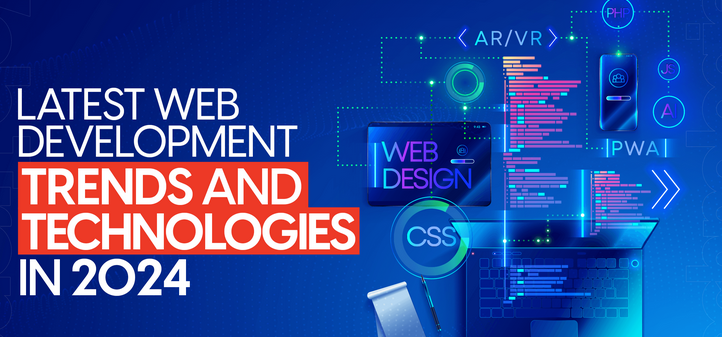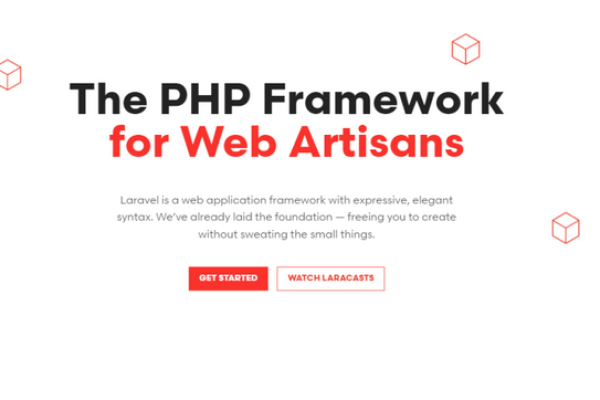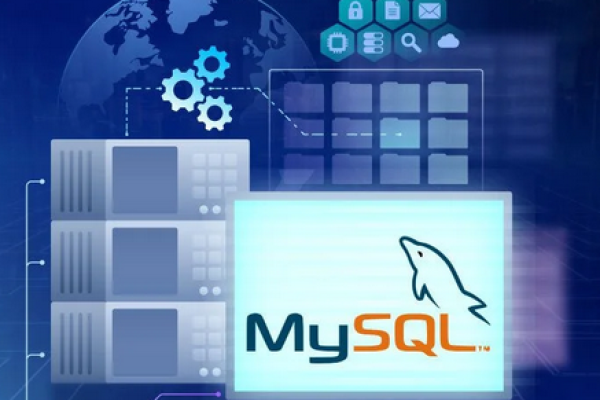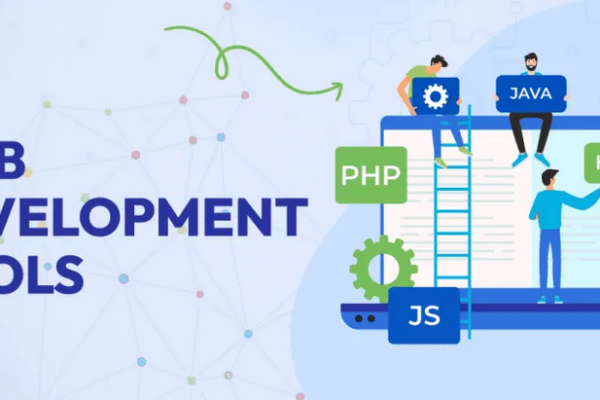Adapting to the New Web Development Trends in 2024
Home
Career Journey
Adapting to the New Web Development Trends in 2024

Adapting to the New Web Development Trends in 2024
A look at the latest trends in web development for 2024, including new technologies, best practices, and what the future holds for developers.

Adapting to the New Web Development Trends in 2024
Web development continues to evolve at a rapid pace, driven by emerging technologies, user demands, and industry shifts. Staying updated and adapting to these trends is essential for developers to remain competitive in 2024. Let’s explore the latest web development trends and how professionals can embrace them effectively.
1. The Rise of AI-Powered Tools and Features
Artificial Intelligence (AI) is becoming a cornerstone of modern web development. From AI-driven chatbots to advanced recommendation systems, developers are integrating AI to enhance user experiences.
How to Adapt:
- Learn to implement APIs for AI tools like ChatGPT, TensorFlow, or OpenAI.
- Explore AI frameworks and libraries to add intelligent features.
- Focus on ethical AI integration to ensure transparency and user trust.
2. Web3 and Decentralization
Web3 technologies are reshaping the way websites operate by emphasizing decentralization, blockchain integration, and user empowerment.
How to Adapt:
- Familiarize yourself with blockchain technology, smart contracts, and cryptocurrencies.
- Experiment with decentralized application (dApp) development using tools like Ethereum or Solana.
- Ensure compatibility with decentralized browsers like Brave.
3. Progressive Web Applications (PWAs) Continue to Thrive
PWAs bridge the gap between web and mobile apps, offering offline capabilities and faster loading times while being accessible via a browser.
How to Adapt:
- Leverage PWA frameworks like Angular, React, or Vue.js.
- Implement service workers to enable offline functionality.
- Optimize for performance using tools like Lighthouse.
4. Voice Search and Conversational Interfaces
With the rise of smart devices and virtual assistants, voice search optimization is no longer optional. Users expect seamless voice interactions with websites and apps.
How to Adapt:
- Optimize content for voice search by focusing on natural language queries.
- Integrate voice-enabled APIs and libraries.
- Test for accessibility across various devices, including smart speakers and wearables.
5. Low-Code and No-Code Development
Low-code and no-code platforms are empowering non-technical users to build websites and apps, while developers use these tools to prototype quickly.
How to Adapt:
- Learn to use popular low-code/no-code tools like Bubble, Webflow, and OutSystems.
- Utilize these platforms for MVPs and prototypes.
- Focus on customizing solutions beyond the capabilities of low-code tools.
6. Sustainability in Web Design
Green web development is gaining momentum as businesses and users demand energy-efficient websites that reduce carbon footprints.
How to Adapt:
- Minimize resource usage with optimized code and lightweight designs.
- Choose green hosting providers.
- Reduce unnecessary animations and assets to create sustainable websites.
7. Enhanced Cybersecurity Measures
With cyberattacks on the rise, web security has become a top priority for developers and businesses alike.
How to Adapt:
- Stay updated on the latest security protocols and vulnerabilities.
- Implement HTTPS, secure authentication methods, and regular security audits.
- Educate clients and users about online safety measures.
8. Multi-Experience Development
Users expect seamless experiences across multiple devices, from desktops and mobiles to smartwatches and AR/VR devices.
How to Adapt:
- Design responsive and adaptive websites.
- Experiment with AR/VR tools like WebXR for immersive experiences.
- Ensure smooth transitions and consistent branding across all devices.
9. Serverless Architecture Adoption
Serverless computing is gaining traction as it reduces infrastructure complexity and improves scalability.
How to Adapt:
- Explore serverless platforms like AWS Lambda, Google Cloud Functions, or Azure Functions.
- Focus on writing event-driven code.
- Monitor serverless deployments for performance and cost optimization.
10. Tailored Personalization Using Big Data
Users demand personalized experiences based on their behavior, preferences, and past interactions.
How to Adapt:
- Use big data analytics to gain insights into user behavior.
- Implement personalization tools to deliver dynamic content.
- Respect user privacy and comply with data protection regulations.
Conclusion
Adapting to the new web development trends in 2024 requires a proactive approach to learning and innovation. By staying ahead of technological advancements, developers can create modern, user-centric, and efficient web solutions. Whether it’s through embracing AI, decentralization, or sustainability, the future of web development offers immense opportunities for growth and creativity.
Share this post:
Related Posts

A comprehensive guide for beginners who want to learn Laravel, covering everything from installation...

Discover why MySQL is perfect for large-scale projects with its scalability, security, cost-efficien...

Discover the top 5 tools that are essential for web developers in 2024, from frameworks and librarie...
